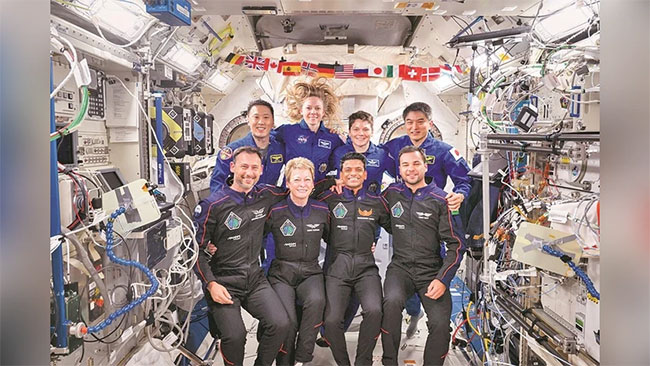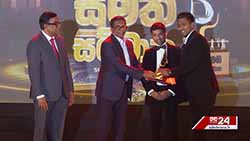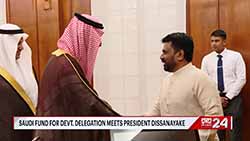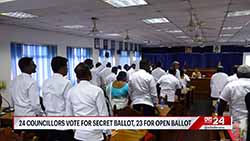PM Modi hails Shubhanshu Shukla’s return after historic space mission
July 16, 2025 10:14 am
Prime Minister Narendra Modi on Tuesday praised Group Captain Shubhanshu Shukla for his “dedication, courage and pioneering spirit”, as the astronaut returned to Earth after spending 18 days aboard the International Space Station (ISS).
PM Modi reacts on Shubhanshu Shukla’s return
Modi wrote on X, “I join the nation in welcoming Group Captain Shubhanshu Shukla as he returns to Earth from his historic mission to Space.” As India’s first astronaut to have visited the International Space Station, he has inspired a billion dreams through his dedication, courage and pioneering spirit. It marks another milestone towards our own Human Space Flight Mission - Gaganyaan.”
President Droupadi Murmu also congratulated Shubhanshu Shukla as he returned to Earth creating a new milestone.
“A hearty welcome to Group Captain Shubhanshu Shukla as he comes back on Earth after his space journey. His role in piloting of Axiom Mission 4 to the International Space Station has created a new milestone for India’s space exploration as well as for international collaboration in science and technology. My congratulations to everyone involved in this mission.” She said in a post on X.
Shukla is the first Indian to visit the ISS. Modi highlighted this achievement as a major step towards India’s upcoming human spaceflight mission, Gaganyaan.
Shukla and three other astronauts returned aboard the Dragon ‘Grace’ spacecraft, which splashed down off the coast of San Diego, California, after a 22.5-hour journey from space.
Defence Minister calls it ‘proud moment’
Defence Minister Rajnath gave his first reaction through a post on X and said, “Group Captain Shubhanshu Shukla’s successful return from the historic Axiom-4 mission is a proud moment for every Indian. He has not just touched space, he has lifted India’s aspirations to new heights. His journey to the International Space Station and back is not just a personal milestone, it is a proud stride for India’s growing space ambitions. Wishing him great success in his future endeavours.”
Union Minister Jitendra Singh also reacted to this feat and said, “The experiments conducted by Shubhanshu are going to be of relevance for the whole world. India has already proven its capabilities, and we are going one step ahead. We are in a stage where we can also tell the world that look here we can take upon ourselves the responsibilities of performing maiden experiments which are not ventured by anyone else.”
Asha Shukla, the astronaut’s mother reflected her emotions and said, “My son has safely returned, I thank god, you all who have covered the event. I got emotional, after all, my son has returned after many days.”
“We congratulate Axiom and Group Captain Shubhanshu Shukla on completing a successful mission. This achievement is a stepping stone for India’s future crewed space journeys, including the Gaganyaan mission and our ambitious goal of landing an Indian on the Moon by 2040 in an Indian spacecraft. It will not only support ISRO but also give impetus to both global and Indian private space industries. This success marks a significant stride towards realizing India’s vision for outer space exploration,” Lt. Gen. AK Bhatt (retd.), Director General, Indian Space Association said.
Shukla is also the second Indian to travel to space after a gap of 41 years. During his time aboard the ISS, he conducted several scientific experiments and contributed to India’s preparations for Gaganyaan.
The Axiom-4 mission crew completed 60 experiments during their stay, seven of which were developed by Indian scientists. These focused on how space affects living systems.
Speaking during the mission, Shukla, on his first spaceflight, said he hoped to handle the return to Earth better than the initial ascent, which caused some space motion sickness.
During a 10-minute live broadcast, the crew shared that they had travelled approximately 2,900 miles.
The Axiom-4 mission launched on 25 June from Florida aboard a Falcon-9 rocket carrying the Dragon capsule, bound for the ISS.
Source: Business Standard
--Agencies











